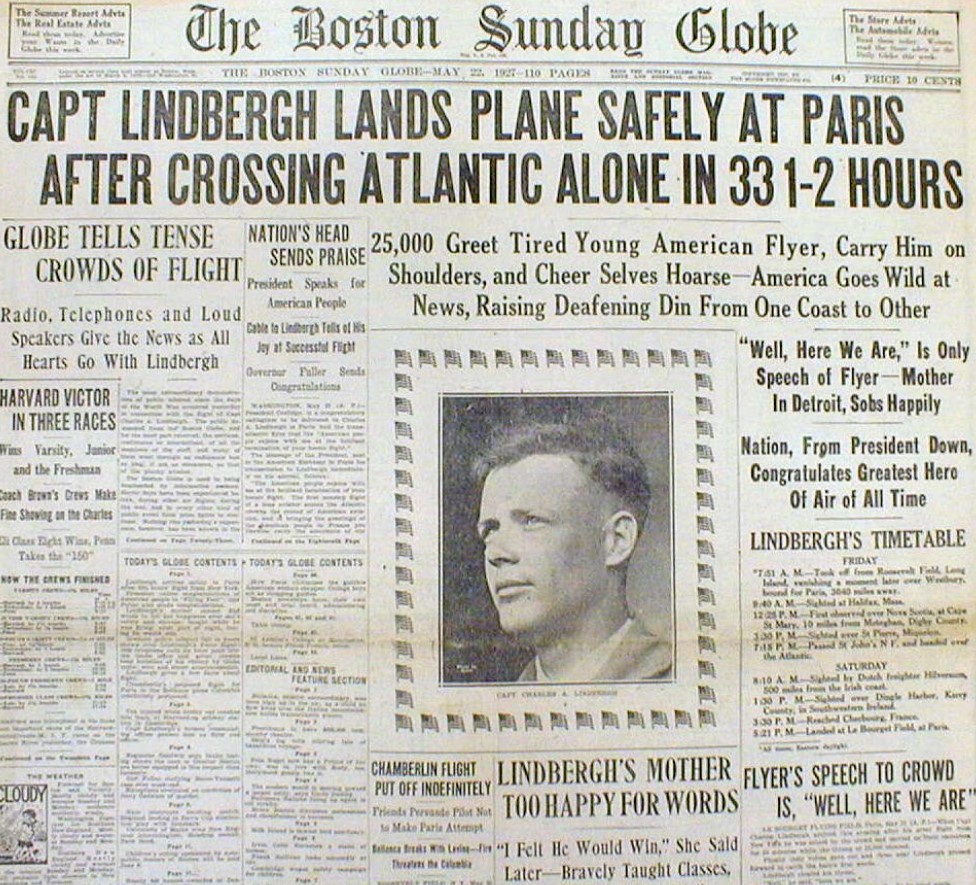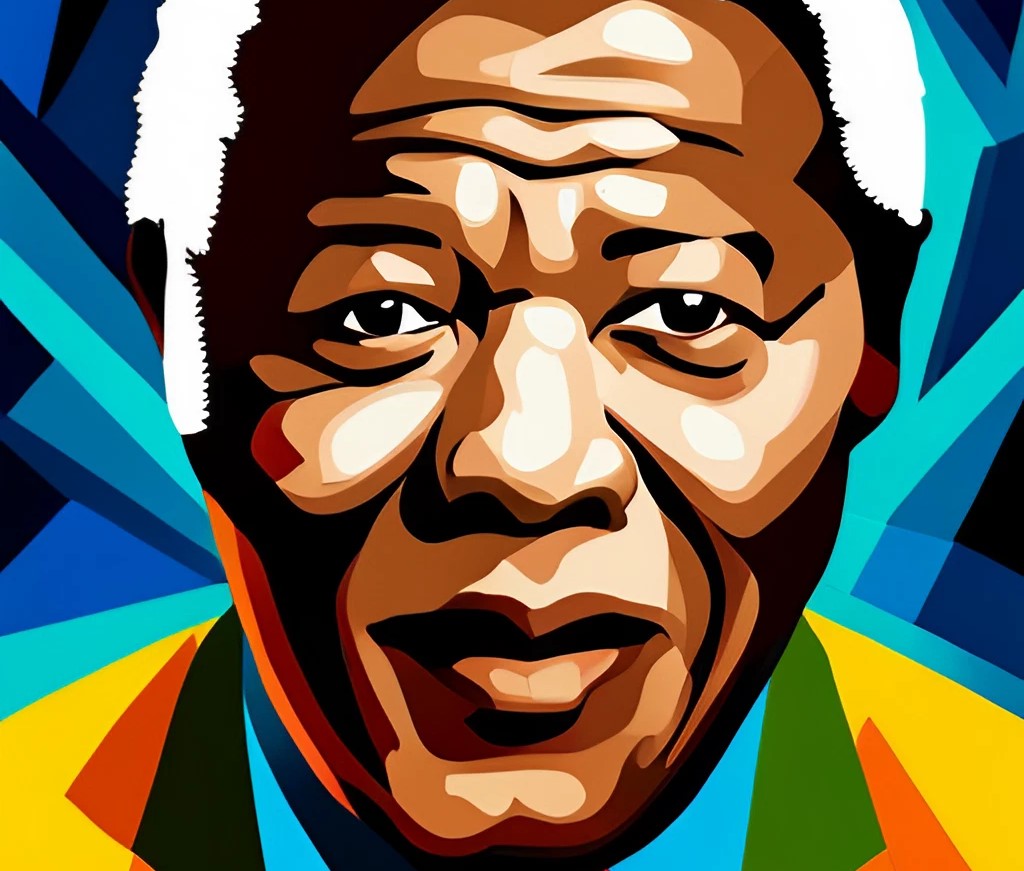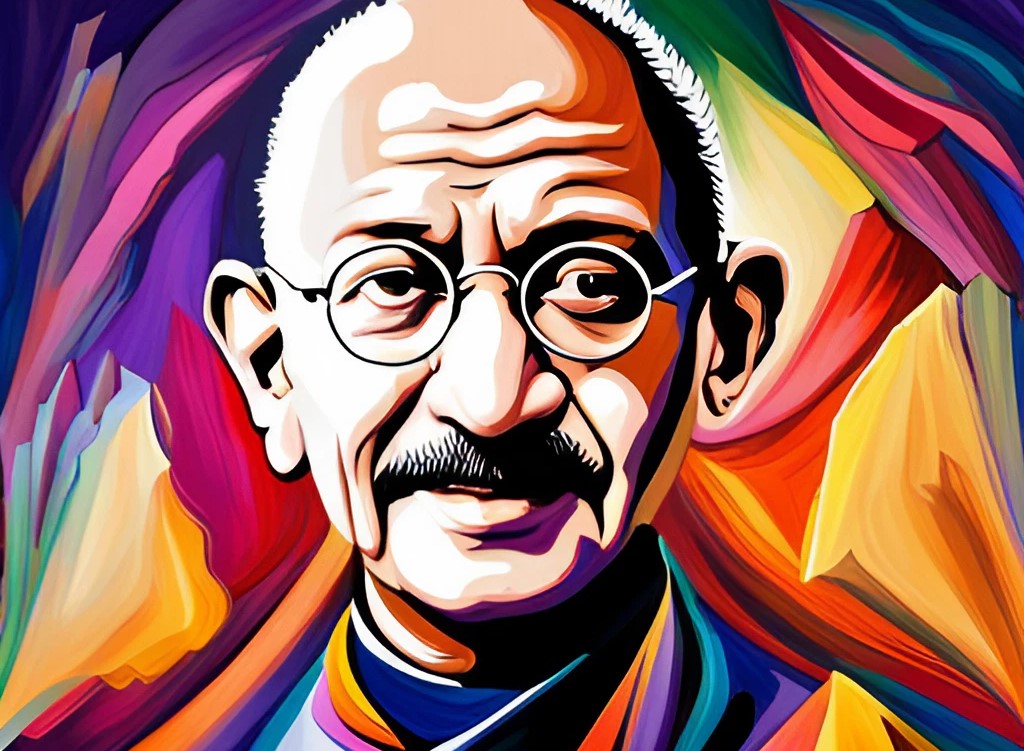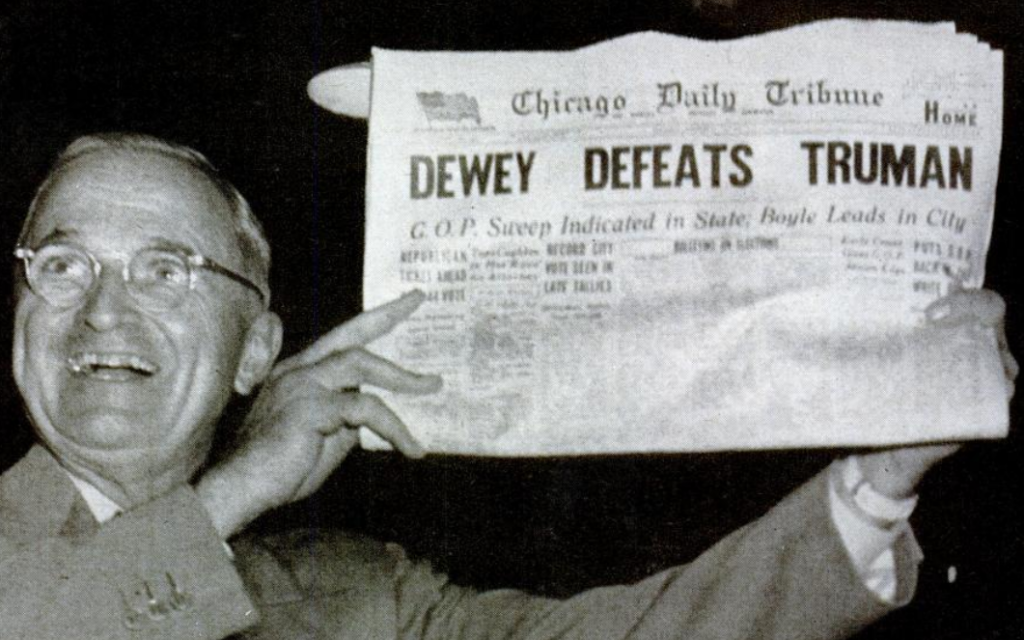Underdog stories are always engaging, and I often advise tech leaders not to underestimate an underdog, especially one driven by the power of motivation. This was brought to mind by the history of the first transatlantic flight from New York to Paris by Charles Lindbergh. At that time, four more experienced teams in the U.S. and two in France were vying to be the first to cross the Atlantic. Lindbergh, an unknown mail pilot, aimed to accomplish this feat solo, on a flight that lasted 30 to 40 hours. Few believed he stood a chance of success.
On May 20th, 1927, Lindbergh embarked on his journey from New York to Paris in his custom-built monoplane, the Spirit of St. Louis. The flight took 33 hours and 30 minutes, during which Lindbergh faced dangerous ice storms and foggy conditions. Despite these challenges, he remained focused on his goal and ultimately landed safely in Paris, becoming the first person to complete a solo non-stop flight across the Atlantic.

The Power of Motivation and Determination
Lindbergh’s story is a perfect example of the power of motivation and determination. Despite being an underdog, he had a dream and was determined to achieve it no matter what. This determination pushed him to prepare extensively for his flight, both mentally and physically.
Moreover, Lindbergh’s motivation was not just driven by personal ambition, but also by the greater goal of advancing aviation technology. He believed that his success would pave the way for future advancements in air travel, which ultimately benefited society as a whole.
This brings us to an important lesson for tech leaders – having a larger purpose beyond personal gain can be a powerful motivator for success. By connecting their work to a greater cause, they can inspire themselves and their team to achieve great things.
Embracing the Underdog Mentality
Another aspect of Lindbergh’s story that is worth noting is his underdog mentality. Despite being up against more experienced teams and facing numerous challenges, he never let himself feel overwhelmed or discouraged.
Instead, he embraced his underdog status and used the power of motivation to prove everyone wrong. This mindset allowed him to remain focused and determined throughout his journey, ultimately leading to his incredible success.
In today’s fast-paced tech industry where competition is fierce, it’s easy for leaders to feel intimidated by larger or more established companies. However, by embracing the underdog mentality, they can turn this perceived disadvantage into a source of motivation and use it to their advantage.
The Importance of Perseverance
Lindbergh’s journey was not without its obstacles. He faced challenges before, during, and even after his historic flight. However, he never let these setbacks deter him from achieving his goal.
His perseverance in the face of adversity is a testament to the fact that success often requires determination and resilience when faced with roadblocks. This lesson is especially relevant in the tech industry where failure is common, and success often comes after multiple attempts.
Leaders who are able to remain determined and persistent in the face of challenges are more likely to achieve their goals and inspire their team to do the same.
Inspiring Leadership
Moreover, Lindbergh’s legacy extends beyond aviation as his courage and perseverance continue to inspire individuals from all walks of life. He serves as a symbol of determination and the power of human potential, reminding us that with hard work and dedication, anything is achievable.
As leaders, we have the responsibility to inspire and motivate those around us to reach their full potential. Let us embrace Lindbergh’s spirit and use it as a guiding light in our leadership journey. And let us never forget that no dream is too big or impossible to achieve if we have the passion and drive to pursue it. So let us continue to push boundaries, break barriers, and soar towards success, just like Charles Lindbergh did on that historic day in May 1927.
Conclusion
In conclusion, leaders can learn valuable lessons from Lindbergh’s story. By maintaining a strong sense of purpose, embracing the power of motivation, and persevering through challenges, they can achieve remarkable success both personally and professionally. As technology continues to advance and the competition grows stronger, these qualities will become even more essential for effective leadership. So, it is important for leaders to continuously reflect on these lessons and apply them in their own journeys towards success. With determination and a strong sense of purpose, anything is possible.
Click here for another post on never underestimating the underdog.












